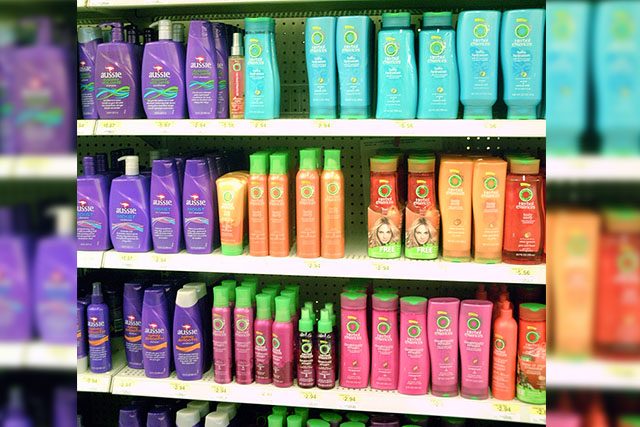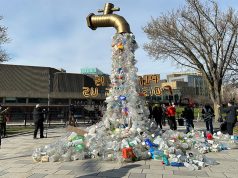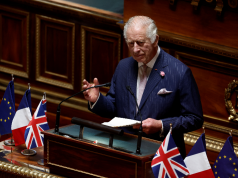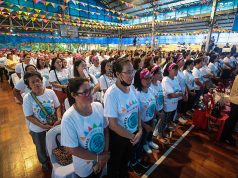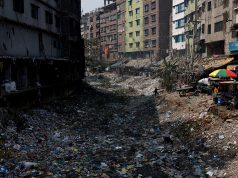A multinational company aims to reduce plastic consumption by having consumers refill their shampoo and conditioner bottles so they do not have to buy new ones.
Unilever Philippines is launching the pro-environment initiative in Trinoma, Glorietta and Alabang Town Center from March 23 to April 19, 2019.
Consumers may go to the All Things Hair Refillery Station located within the malls and refill their bottles with the same product.
The stations can be found on the second floor mezzanine near Nike and Melissa in Trinoma, at the lower level of the ground floor near Lacoste in Glorietta 3 and at the ground floor near Etude House and the Metro Department Store in Alabang Town Center.
Products like Dove, Cream Silk, Tresemmé and Sunsilk can be refilled, provided that the bottles to be used are clean and empty.
Consumers with no refillable bottle can buy one on the station itself for P10.
Furthermore, the initiative allows them to upcycle other plastic bottles and used sachets. Consumers may give the mentioned items to the station, provided they are dry and clean.
Environment advocates lauded the multinational company’s project but some wondered why it is only available for a limited time.
Plastic consumption in the country
The Philippines is considered one of the major countries that produce “half of the world’s plastic wastes,” based on a 2015 study done by the University of Georgia.
The country was discovered to produce 6,237,653 kilograms of plastic wastes daily, where 81 percent of it was considered “mismanaged” or not dumped into landfills.
These plastic wastes would often find their way into the ocean, where the United Nations Environment Programme estimated that it would significantly outnumber fishes by 2050.
Its report also noted that single-use plastic products contribute the most in terms of plastic wastes. These are water bottles, shampoo and milk bottles, grocery bags, food packaging and plastic cutlery.
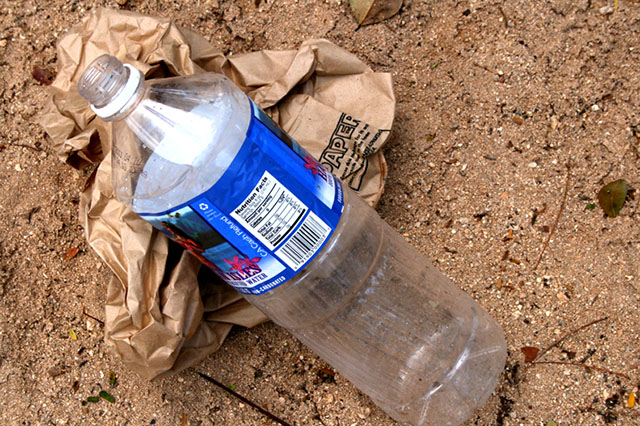
An additional report from the Global Alliance for Incinerator Alternatives show that these include straws, coffee stirrers, soda and water bottles and most food packaging materials as well.
It also blamed the Philippines’ “sachet economy” where products are sold in single-use sachets like instant coffee, shampoo, cooking oil, food seasoning and toothpaste.
Recently, an environmental organization expressed its alarm when a dead whale was found in Mabini, Compostella Valley that had 40 kilos of plastic waste inside its stomach.
Different kinds of plastics were retrieved from the marine mammal, including 16 rice sacks, four banana-plantation style bags and multiple shopping bags, among others.
“[This] is a clear proof how grave plastic pollution affects our environment, most especially ocean creatures,” Abigail Aguilar of Greenpeace Philippines said.
Last February 2019, the same environmental organization through its international body launched an initiative in social media to make multinational companies accountable for their plastic wastes.
People were encouraged to post pictures of used sachets, plastic bottles and food packaging items lying around their area with the hashtag #IsThisYours. They must also tag the brand responsible for manufacturing the items in order to raise awareness.
Greenpeace shared that it was their way to urge multinational companies to “truly make a difference on plastic pollution” as its data reveal that more than 90 percent of plastics remain unrecycled.
The initiative started when the organization noticed that the number of single-use plastic wastes does not seem to decrease in any significant amount despite vows from companies to reduce their plastic production.

